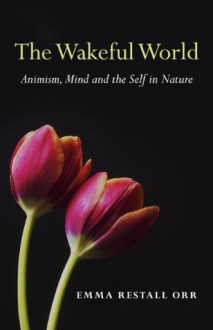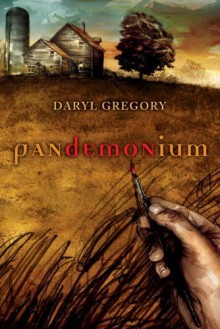Firstly, some readers may know my previous books. It is a policy I maintain not to reread my older writings to ensure a continuity of ideas. If what I present here in some way contradicts what I have written earlier, I can only hope that the newer work can be seen as a development, and not a sliding back into error. In the same way that it can be a delight to watch an actor grow older over decades, their seriousness of youth transforming into the gravitas of experience, I enjoy the opportunity of witnessing a writer’s journey of discovery, whether in fiction or nonfiction: I trust my readers will not only allow me the same process of change and growth, but feel that my work as a whole is richer because of it.
As a metaphysics, this text is offered as a sort of prequel to my Living With Honour: A Pagan Ethics, published in 2007. In that book, I used the term *Pagan to describe a belief system based wholly upon nature. There are large parts of modern Paganism the focus of which is very much human nature, and the power of the mind to manipulate and influence; with these being so very far from my own spiritual and philosophical practice, it would not have been accurate to use the simple word Pagan. The animism described in this text could be said to be a main strand of *Paganism.

Taken from the Forward to The Wakeful World. I think the quote illustrates something of the shift here from previous books - the tone is very different (I thought) from much of Emma Restall Orr's previous writing - there are more academic tones in the mix, and there's less of the experiential material that dominated previously. Instead, she adopts a more theoretical and philosophical approach to considering Paganism.

 Log in with Facebook
Log in with Facebook 






